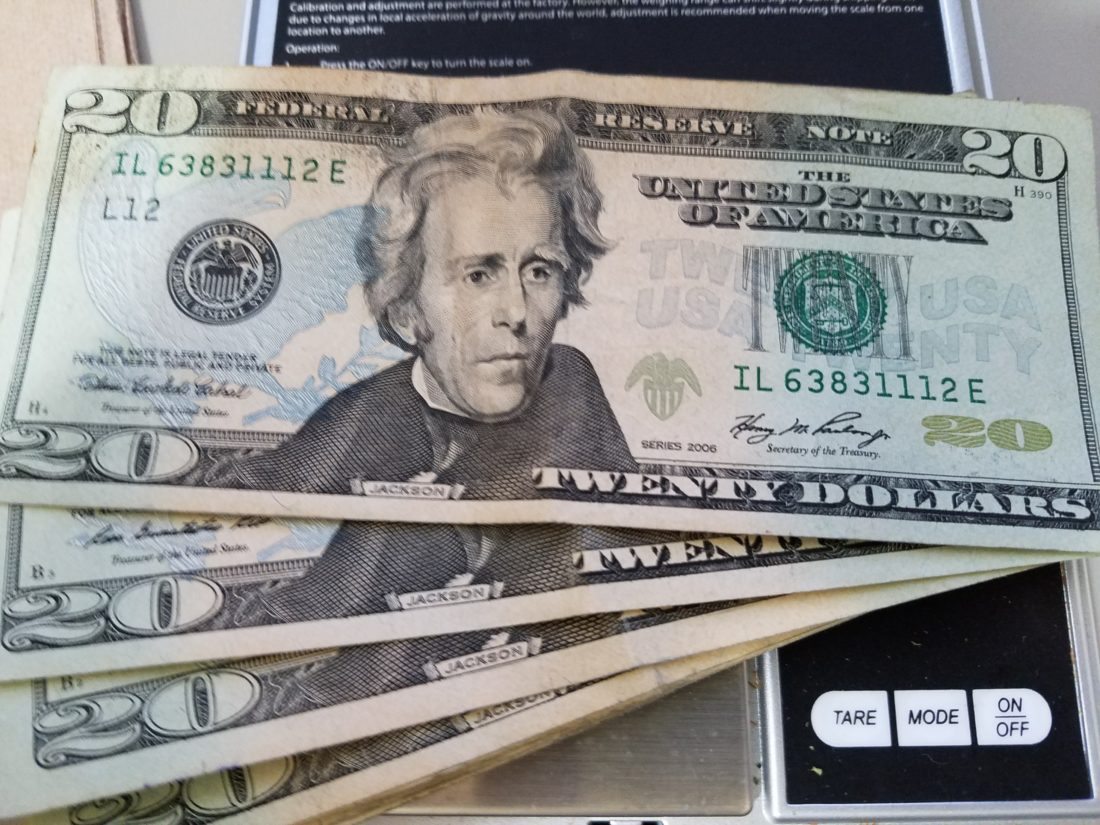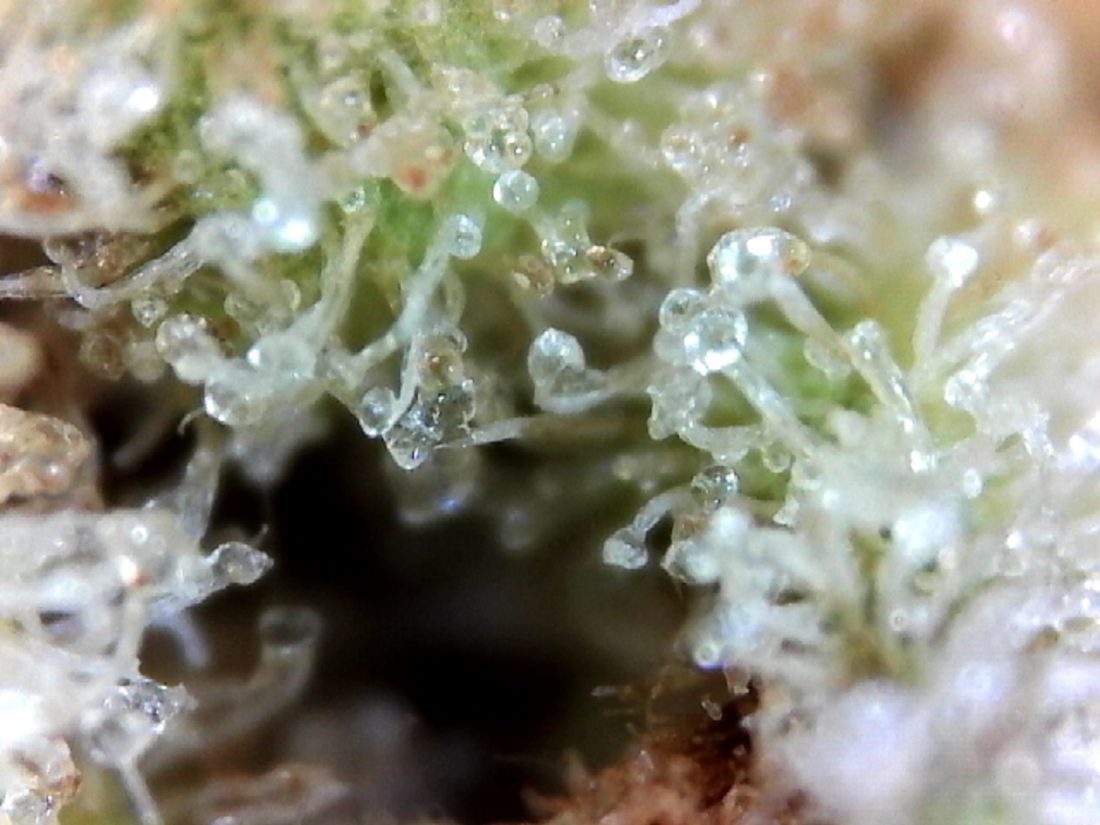Charities occupy a special place in modern society.
Charities function like a corporation but they are very different. They are an institutional mechanism for people and groups to affect change. They can be local, national or international organizations and often work closely with governments.
Governments even subsidize certain charities, demanding strict adherence to rules and regulations in exchange for massive amounts of money and tax write-offs. But individuals can also give money. Some mega-donors can give over $100 million at a time.
Unlike corporations or government agencies, charities can be motivated by religious, social, political or economic goals or any combination of the above. They can be organized around an idea like stopping cancer or around a person like Hillary Clinton.
But charities have a few limits on what they can do and why.
Charities function as non-profit companies with many working internationally. These international organizations rely on government assistance to achieve their goal. This can be simple like providing permits or incredibly complex like hurricane relief efforts.
There are some Organizations like the Unicorn Children’s Foundation or the Children’s Hospital Foundation that work exclusively with children. Most rely on a few wealthy donors to keep things going while most small donations make up any shortfalls. So keeping those big donors happy is a high priority.
If the charity gets publicly shamed, big donors can pull their support almost instantly. This makes charities very cautious about alienating their biggest supporters. It also means they may turn away help because of where it comes from.
Not all help is the same.
Imagine you ran a multi-million dollar organization with 100 employees. Money is always tight but one donor provided 50% of the income needed to run the organization for a year. That donor is all about the cause and wants to help but loathes cannabis.
Now imagine that a local dispensary wants to donate a few hundred dollars to your charity. You know that if your big donor finds out you took the money, they will withdraw their support. That means ripping the carpet out from under 100 employees, their families, and likely having to close the doors. What do you do?
Would you risk losing the large donor? Would you try to hide where the money came from? Or would you refuse the money? What if the small donor was a black-market meth dealer? There is no right or wrong answer but there are clear winners and losers.
This is a real problem for the weed industry.
As cannabis moves from the black market into the grey market, charities are having to make a choice more and more. Do they accept the grey-money from cannabis or do they protect their current arrangements? Depending on who governs the board, that answer may change.
Politically conservative or highly religious individuals tend to regard cannabis as a negative. Organizations with these types of individuals will resist cannabis far past the point of legality. Many feel a religious mandate to prevent cannabis from moving forward.
Even if most of the individuals in an organization have no qualms about where a specific donation comes from, they still have to remain in the good graces of their main contributors. This is especially true when the organization receives federal money like the American Cancer Society (ACS) and Wounded Warriors (WW).
It usually comes down to federal law.
Since cannabis is still federally illegal, organizations that require federal assistance cannot risk accepting questionable money. Even if the money is legit, each organization needs to take a good hard look at itself before it can accept contributions from cannabis companies.
Those of us in the industry understand the threat that Attorney General Sessions poses to the movement. We looked at the state of cannabis and decided to add our effort to the cause despite the personal risk. But not everyone wants to or even can do that.
Once federal law unambiguously declares that cannabis is legal, we may see conservative and religious organizations jumping on board with cannabis. Groups like the ACS and WW will likely stay opposed to cannabis though.
There will always be naysayers.
On their website, the ACS talks extensively about the science of cannabis and cancer. It also states that:
” The American Cancer Society supports the need for more scientific research on cannabinoids for cancer patients, and recognizes the need for better and more effective therapies that can overcome the often debilitating side effects of cancer and its treatment.”
The ACS and WW may never advocate for cannabis use. Their missions stand in opposition to many of the stereotypes and misconceptions that persist around cannabis. Without more research and changes to its federal status, cannabis donations will remain off-limits to many organizations.
There is hope though.
Just last week, Utah Senator Orrin Hatch introduced new legislation for cannabis called the Marijuana Effective Drug Study Act of 2017 or MEDS Act. As a longtime cannabis prohibitionist, he doesn’t like cannabis, but he can see the medical effectiveness of it. If a religious conservative like him could come arou
nd to cannabis, there is hope for others.
Once cannabis becomes federally legal, more charities will start accepting donations from cannabis based businesses. Many organizations that currently refuse donations from the cannabis industry will lose the last legitimate reasons to resist legal weed and the people involved in it.
There will always be those that feel cannabis is dangerous or negative. But as long as we continue to move forward with legalization, fears and misconceptions about cannabis will be replaced with understanding and hopefully tolerance. Until then, donations from the cannabis community to these organizations will remain unwelcome.





